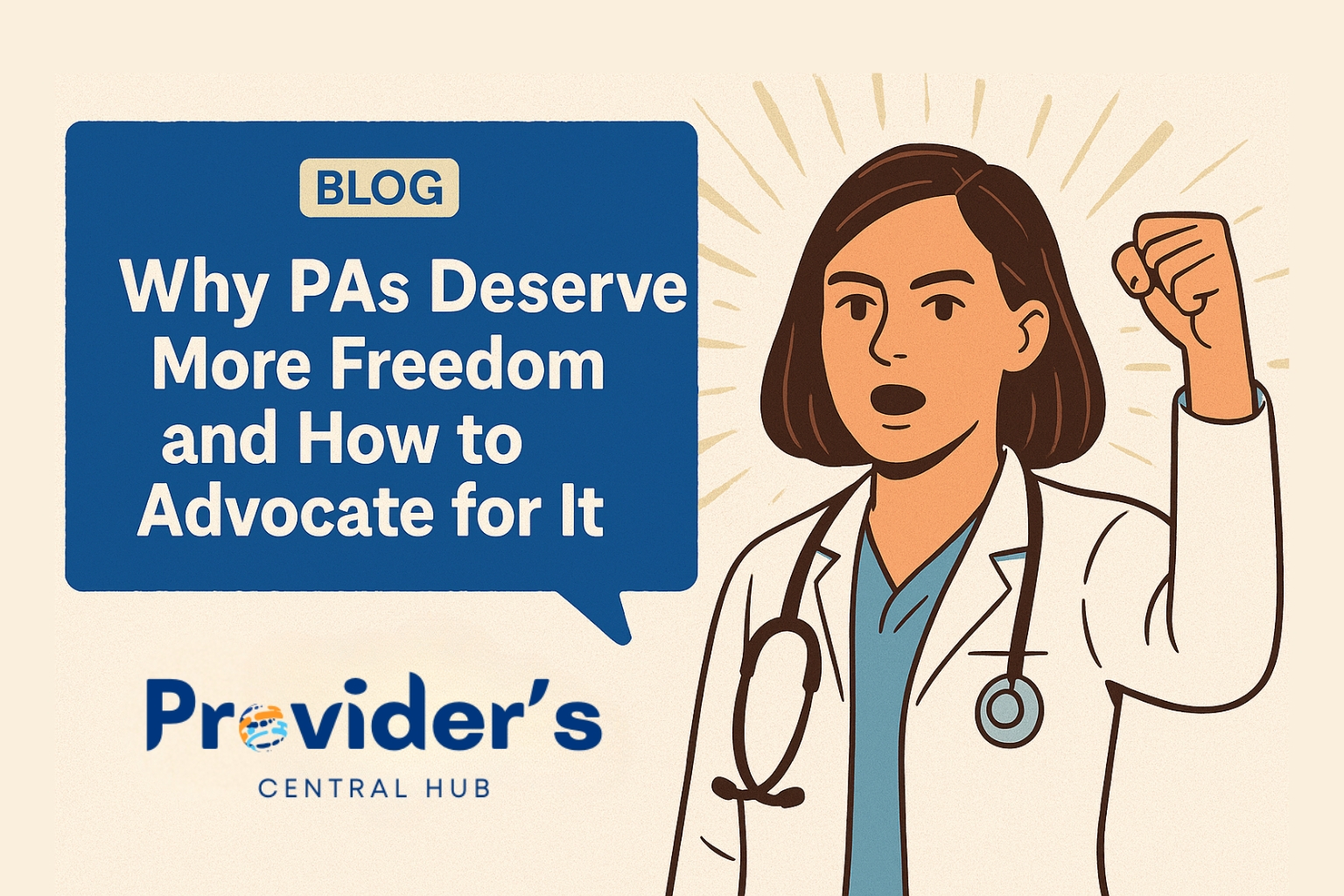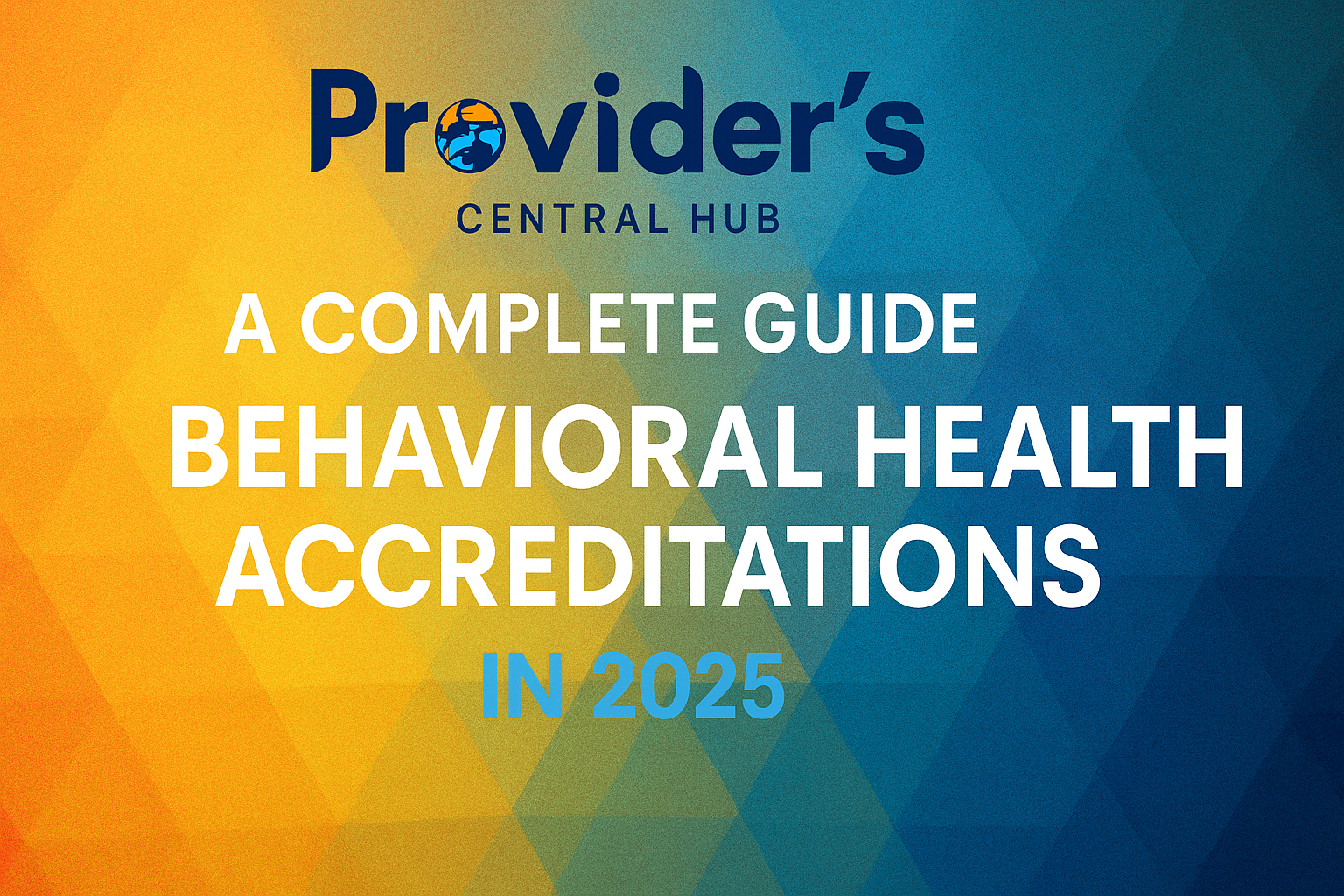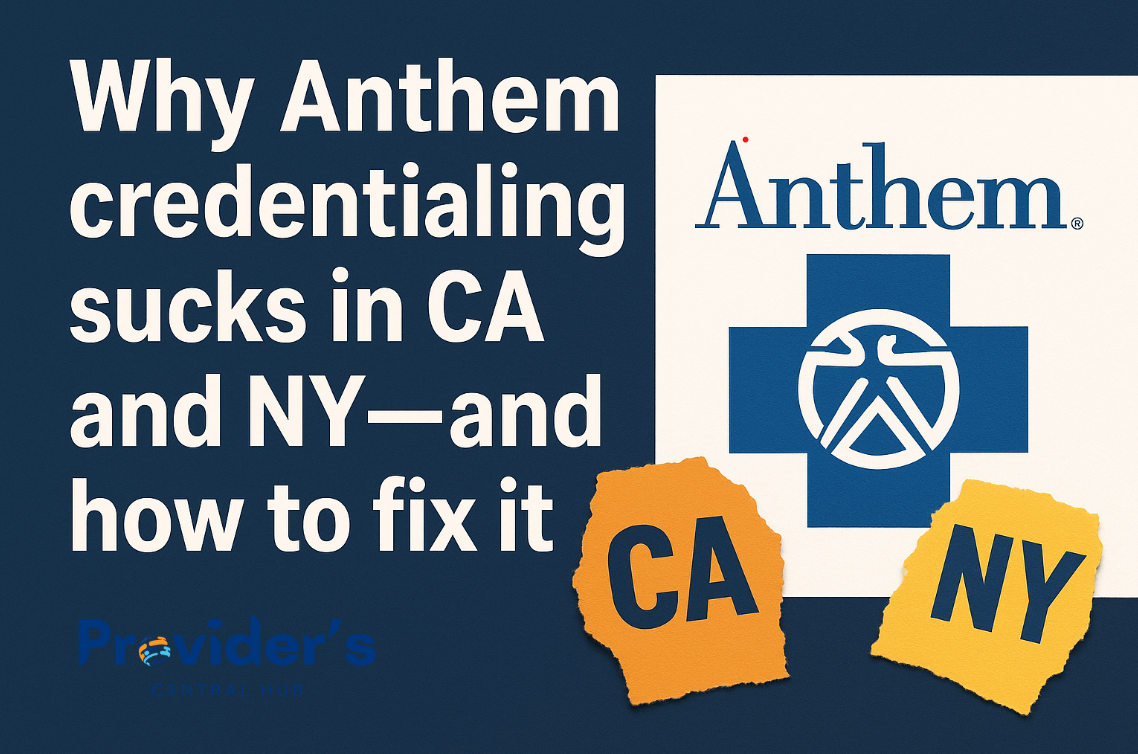In the US healthcare system, there are about 3 million nurses providing care services.
Because they are the first responders in medical situations, nurses hold a prominent position in the healthcare industry.
Like other healthcare professionals and providers, nurses must adhere to several rules, regulations, and standards when it comes to billing and reimbursement to demonstrate their suitability for their positions and responsibilities.
The National Provider Identifier is one of these prerequisites (NPI). Depending on their position and duties, some nurses might not require one at all, while others might.
We will dispel the mist and embark on an understanding of NPI in this blog. Does a nurse need an NPI number, and if so, how can they obtain one?
What is the National Provider Number (NPI)?
Healthcare providers in the US are given a unique identifying number called the National Provider Identifier (NPI).
There are two types of NPI numbers. These include:
- Type 1 NPI: For professionals such as nurses, physiotherapists, and doctors.
- Type 2 NPI: For establishments such as clinics, hospitals, and laboratories, among others.
It is imperative for billing purposes, especially when interacting with Medicare, Medicaid, and other health insurers.
For patient services, NPI enables nurses and other healthcare professionals to bill Medicare and Medicaid.
No personal information about an individual, such as the services rendered or the practice location, is contained in a national provider number.
How is an NPI Number Beneficial for Nurses?
For nurses, a National Provider Number (NPI) has numerous benefits. Having a National Provider Identification Number (NPI) is crucial for maintaining compliance, professional recognition, and convenience of practice in various healthcare settings, regardless of the type of healthcare provider involved in billing, such as advanced practice nurses or travel nurses.
An NPI:
1. Guarantees HIPAA compliance, which enhances and secures the billing process.
2. Preserves patient privacy and facilitates the safe and easy exchange of patient data.
3. Makes a nurse’s credentials more transferable between states and medical establishments
4. Makes advanced practice nurses’ administrative duties easier for those who plan to broaden their scope of practice.
5. Generates more income through electronic claim submission, which decreases errors compared to manual procedures like paper filing.
6. Guarantees that patients have easy online access to their medical records, which eases patient interaction and lessens the workload for nurses.
When Is an NPI Required for Nurses? (3 Typical Situations)
1. Although it’s not currently mandatory for all nurses to have one, doing so is a proactive move that will help you advance in your profession.
2. Having an NPI may soon be expected for many nurse professions as the healthcare sector evolves to integrate and automate.
3. Nonetheless, in the following three primary situations, nurses are required to obtain an NPI:
Are you moving into or already occupying an advanced practice position?
If so, getting an NPI is probably necessary.
Do you have a job where you either directly or indirectly bill insurance companies?
If so, obtaining an NPI will make billing and compliance easier.
Do you intend to work in several states or are you a travel nurse?
Across state lines, an NPI maintains consistency and continuity in your professional identity. You must so apply for NPI.
What Types of Nurses Require an NPI?
While not required for every nursing function, some do. These are the people who need and ought to obtain an NPI number.
- Certified nurse practitioners
Advanced practice registered nurses who are Certified Nurse Practitioners (CNPs) may work alone or with doctors.
In addition to administering patient care, they offer a broad range of healthcare services, such as illness diagnosis and treatment.
CNPs must have an NPI because of their broad area of practice and the fact that they frequently bill insurance companies for the services they render.
As a result, they can file claims to Medicare, Medicaid, and private insurers directly and are acknowledged by insurers as independent healthcare providers. - CRNAs, or certified registered nurse anesthetists
By giving patients anesthesia during surgical operations, Certified Registered Nurse Anesthetists (CRNAs) are essential members of the healthcare team. CRNAs are required to acquire an NPI due to the specialized nature of their profession and the requirement to charge insurers for services connected to anesthesia. - Certified Nurse-Midwives (CNMs)
CNMs provide comprehensive care to women, including gynecological and primary care, as well as prenatal, childbirth, and postpartum care. Typically, CNMs bill for the services they provide, particularly in settings like hospitals, birthing centers, and public health facilities.
As a result, CNMs are required to have an NPI, which allows them to bill insurance companies and guarantees that their services are reimbursed appropriately. - Clinical Nurse Specialists (CNSs)
These advanced practice nurses concentrate on improving patient outcomes and nursing care within a specialized area of practice, such as oncology, pediatrics, or geriatrics.
Although CNSs are highly qualified and frequently provide direct patient care, they are not as widely recognized as other advanced practice jobs such as CNPs, CRNAs, and CNMs in terms of their need for an NPI.
Nonetheless, acquiring an NPI might be more important to support CNSs’ expanding duties in patient care and billing as they acquire more prescriptive authority and more states allow them full practice privileges.
How to Obtain an NPI: A Nurse’s Step-by-Step Guide
Getting a National Provider Identifier (NPI) is a simple procedure that can be finished in a few different ways.
Here’s how to obtain your NPI step-by-step:
- Ascertain Your Qualifications
Please confirm your eligibility before submitting an NPI application.
When it comes to billing for services, NPIs are mostly needed by healthcare professionals, especially those who work with Medicare, Medicaid, and private insurance.
A Nurse Practitioner (CNP), Certified Registered Nurse Anesthetist (CRNA), or Certified Nurse-Midwife (CNM) is an example of an Advanced Practice Registered Nurse (APRN) who requires an NPI. - Compile the Information Required
You must prepare the following data to finish your NPI application:
- Your whole legal name
- Individual Taxpayer Identification Number (ITIN) or Social Security Number (SSN)
- Birthdate
- If relevant, the practice location and business mailing address
- Contact details
- The taxonomy code or codes that correspond to your specialization and classification
It’s crucial to investigate and choose the taxonomy code that most closely matches your professional job if you’re not sure of your own. Because they indicate the kind of provider you are in the healthcare system, taxonomy codes are quite important.
3. Apply online via NPPES.
Using the National Plan and Provider Enumeration System’s online application process is the most effective and widely utilized way to receive an NPI (NPPES).
Here’s how to go about it:
- Go to the NPPES webpage: Open the webpage for NPPES.
- Create a User Account: Click the “Create or Manage an Account” option to create a new account if you don’t already have one.
- Launch the Application: To launch your application after logging in, use the “Apply for an NPI” option.
- Please Provide Your Details: Enter your personal and professional information in the appropriate fields.
- Examine and Submit: Before submitting, make sure your application is accurate. You will get a confirmation email after submitting.
4. Mail-In Application (Optional)
Applying for an NPI by mail is an option if you’d rather, although it’s less popular and takes longer than applying online.
To apply through mail:
- Go to the CMS website, download, and fill out the NPI Application/Update Form (CMS-10114).
- Send the completed form by mail to the address on the form.
Remember that monitoring the status of a mail-in application presents more difficulties than with the online approach.
- Group Application Electronic File Interchange (EFI)
Organizations can use the Electronic File Interchange (EFI) technique to receive NPIs for numerous providers at once.
This makes it possible for a company or other third party to submit several NPI applications.
This is particularly useful for hospitals, large practices, or healthcare systems managing several providers.
- Monitoring Your Submission
You can check the status of your application by logging into your NPPES account if you applied online.
NPIs are often provided in ten days, but they can take longer if your application isn’t accurate and full. - How to Get Your NPI
You will receive an email with your NPI as soon as your application is processed.
Additionally, your NPI will be added to the NPPES national registry, where the NPI number lookup tool makes it available to the general public.
This registry contains fundamental data about your NPI that should be known by the public, like your name, practice location, and taxonomy.
- Maintain Current NPI Information
It’s crucial to keep your information current after obtaining your NPI.
You have thirty days to update your NPI record if you change your name, practice location, or contact details.
The NPPES system makes it simple to complete this online.
Conclusion:
While not required, obtaining a National Provider Number (NPI) can be a prudent choice for nurses.
NPIs are more than just a number; they play a crucial role in the healthcare system’s transition to increased portability, efficiency, and transparency.
By obtaining an NPI, you as a nurse are doing more than just fulfilling legal obligations; you are putting yourself at the forefront of the quickly evolving healthcare industry.
Just as in patient care, where anticipating needs is crucial, being prepared with an NPI ensures you are ready to meet the demands of tomorrow’s healthcare system.
If you have any queries or would like to know more please email us at info@providerscentralhub.com




